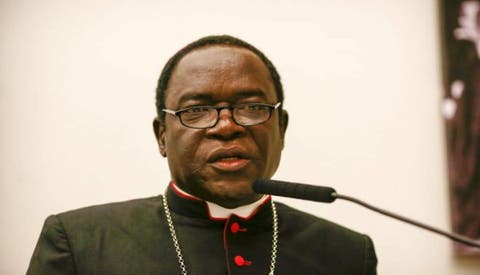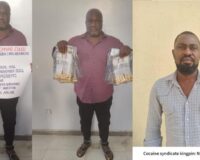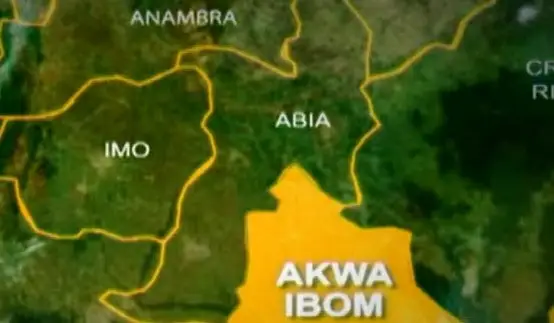The Federal Government yesterday read the riot act to petrol marketers, directing them to end all petrol smuggling out of the country or face stiff action from security operatives.
Speaking at a meeting convened by NNPC Limited in Abuja, the Chief of Defence Staff, General Lucky Irabor said the government “is not handicapped and will take alternative measures” if petrol queues fail to clear.
The meeting was attended by the Inspector General of Police, the Director of DSS, a representative of the EFCC, the downstream regulator and petroleum product marketers.
Gen. Irabor warned marketers that the chaos in the oil and gas industry was a major concern to the government and would not be tolerated any further.
According to him, actions would be taken against marketers which fail to adhere to the regulatory framework, as the scarcity was degenerating into a national security issue.
He told the marketers: “We believe that the solution (to the crisis) is in this room but more importantly to say that the government is not handicapped. I need to also indicate that there are alternatives. I need to also indicate that there is nobody who is insensible and so I have the mandate of Mr President to come to say that because it is a crisis of internal nature which of cause the police and other security agencies should meet but if it is getting across the threshold that affects our defence and security then we must know that the government is not handicapped. There is an alternative”, he warned.
Speaking earlier, the Group CEO of NNPCL, Mr Mele Kyari insisted that the ongoing petrol shortage across the country was not due to supply challenges.
Kyari disclosed that there were over 730 million litres of petrol in depots across the country and it was supplying an average of 65 million litres per day to marketers.
He pointed out massive smuggling of the products to neighbouring countries for the problem, insisting that downstream operators were responsible for the smuggling.
He accused depot operators of selling to filling station owners above approved ex-depot price,
According to him, “We do have a challenge of a very monumental proportion and the solution to this challenge is in this room. There is a crisis around fuel distribution and this has resulted in a number of issues which have taken a different dimension and are clearly unanticipated.
“The reality is that we are not dealing with a supply problem. As we speak now we have 831 million litres in marine and in the various depots we have up to 738 million litres of fuel in depots that are documented on all platforms”.
He noted that there was also enough diesel and aviation fuel in the country, adding that smuggling was at the root of the problem.
“There is no shortage of fuel going into the market. They may be at the wrong destination. Nigerian fuel is smuggled to other countries and this is not a secret and can only be done by all of us in this room or people connected to us or people buying from us”, he declared.
On their part, the Major Oil Marketers Association of Nigeria, MOMAN, and Depot and Petroleum Products Marketers Association of Nigeria, DAPPMAN, admitted that they could not vouch that their members were not engaged in the sharp practice and trying to exploit the problem to make quick money.
Former MOMAN Chairman, Mr Adetunji Oyebanji who apologized to Nigerians for the fuel crisis said the current shortage was the longest and most complex in the industry.
“Once a crisis starts you get into the realm of sharp practices and the whole value chain becomes a problem. Frankly, I cannot stand here and say every single station, every single truck, a customer that I have, I can vouch for every single litre. That is virtually impossible”, he added.
On her part, the Chairman of DAPPMAN, Winifred Akpani said the operators have failed Nigerian consumers with the ongoing crisis.
She warned that although there was a distribution and price problem, urging the government to deregulate the market. She also warned depot owners that anyone caught selling above ex-depot price would face government sanctions.
Briefing journalists after the meeting, NNPCL GCEO, Mele Kyari said the operators have agreed to work together to resolve the distribution challenges, adding the issues raised by the marketers would be addressed by the company and the regulator.
“And this engagement has enabled us to agree with the marketers to make sure that wherever is designated to take the product, it gets to that location, and also the government security agencies will do everything possible to ensure enforcement including the required regulatory control”, he added.







